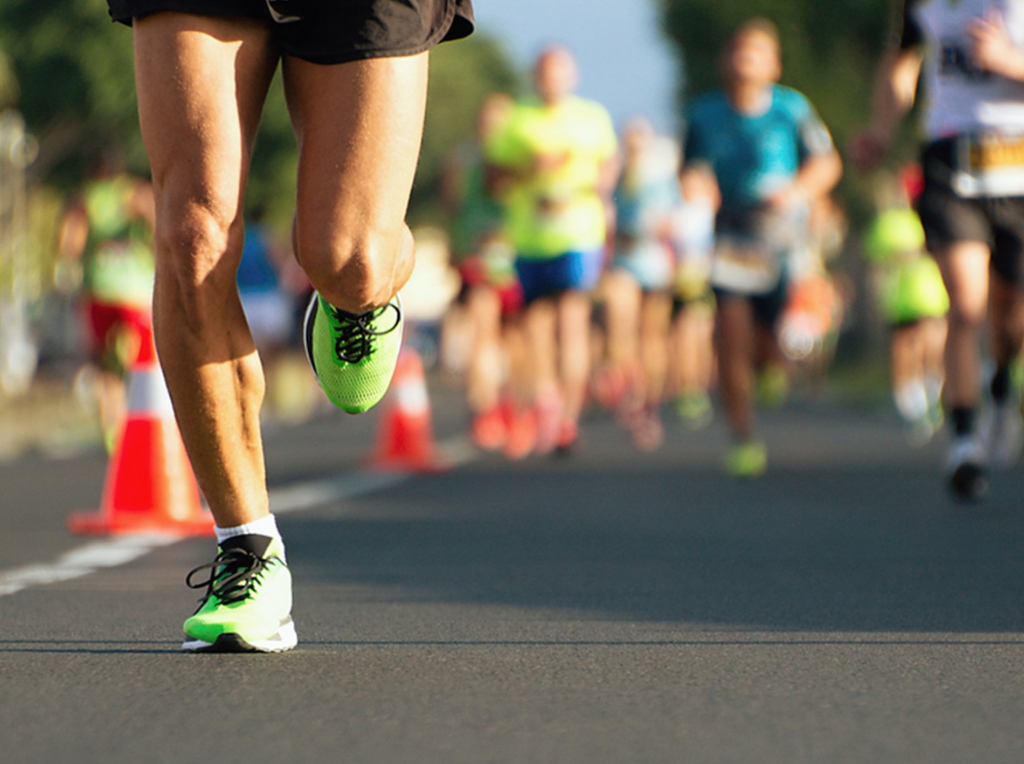As we stand on the precipice of a new era, the landscape of athletic performance is undergoing a profound transformation. The integration of cutting-edge technologies, innovative training methodologies, and a deeper understanding of the human body are reshaping the future of fitness training. As we enter a new era, the world of athletic performance is undergoing a paradigm shift driven by cutting-edge technologies, innovative training methodologies, and a deeper understanding of the human body.
The evolution of fitness training seeks to redefine the limits of human potential and reshape the future of athletics. This comprehensive exploration into the landscape of athletic performance will uncover the advancements that have taken place, as well as the promising avenues that lie ahead. From the integration of virtual reality to the implementation of AI, the future of fitness training presents boundless opportunities for athletes to optimize their performance and reach new heights.
Evolution Of Athletic Performance Promising Avenues That Lie Ahead
Technological Integration in Training
- Wearable Technology and Performance Tracking:
The proliferation of wearable devices has revolutionized the way athletes monitor and optimize their training. From smartwatches to biometric sensors, these technologies provide real-time data on metrics like heart rate, sleep patterns, and recovery, allowing for personalized and data-driven training programs.
- Virtual Reality (VR) and Augmented Reality (AR):
VR and AR are transcending traditional training methods by offering immersive and interactive experiences. Athletes can simulate real-world scenarios, enhance mental resilience, and even fine-tune technical skills in a virtual environment. This technological leap holds immense potential for both physical and psychological conditioning.
Personalized and Data-Driven Training Programs
The era of one-size-fits-all training is giving way to personalized, data-driven approaches. Athletes now benefit from comprehensive assessments, genetic profiling, and biomechanical analysis to tailor training regimens specifically to their strengths, weaknesses, and genetic predispositions.
Advanced Recovery Techniques
Recovery is increasingly recognized as a cornerstone of optimal athletic performance. Innovations such as cryotherapy, compression therapy, and advanced nutritional strategies are becoming integral components of athletes’ routines. These techniques accelerate recovery, reduce the risk of injuries, and enhance overall well-being.
Biomechanics and Movement Analysis
Breakthroughs in biomechanics and movement analysis are providing unparalleled insights into athletic performance. High-speed cameras, force plates, and motion capture technologies enable coaches and athletes to dissect and refine movement patterns, optimize technique, and minimize the risk of injuries.
Neuroscience and Cognitive Training
The intersection of neuroscience and fitness training is unlocking new dimensions of athletic performance. Cognitive training programs focus on enhancing mental acuity, reaction times, and decision-making skills. This holistic approach recognizes the inseparable link between mind and body in achieving peak performance.
Nutritional Precision and Genetic Insights
- Precision Nutrition:
Tailoring nutrition to individual needs is a burgeoning field. Athletes are now leveraging precision nutrition based on factors like metabolism, dietary preferences, and training demands. Customized meal plans and nutrient timing contribute to optimized performance and recovery.
- Genetic Insights:
Genetic testing provides a roadmap for understanding an athlete’s unique genetic makeup. Insights into factors such as muscle composition, injury susceptibility, and metabolic responses to certain nutrients empower athletes and their coaches to devise targeted training and nutrition strategies.
Holistic Wellness and Mental Resilience
As the fitness landscape continues to shift and evolve, a growing focus on holistic wellness and mental resilience is emerging. Gone are the days of simply focusing on physical prowess as the sole aspect of fitness training. Today, athletes at all levels are recognizing the importance of practices such as meditation, breathwork, and sports psychology, which contribute to a more comprehensive and sustainable approach to achieving peak performance. Furthermore, there is a growing trend towards prioritizing emotional well-being and mindfulness practices alongside traditional training methods. If you are looking to explore this new era of fitness training, consider incorporating these techniques into your routine. Additionally, you can buy delta-8-THC products, known to help with mood and pain management, as an additional means for promoting holistic wellness.
Innovations in Training Modalities
- High-Intensity Interval Training (HIIT) Evolution: HIIT continues to evolve with more refined protocols, combining short bursts of intense exercise with strategic rest intervals. These adaptations maximize cardiovascular benefits, metabolic efficiency, and time efficiency in training.
- Functional Fitness and Cross-Training: The emphasis on functional movements and cross-training is diversifying training routines. Athletes are incorporating activities like yoga, Pilates, and unconventional training methods to enhance overall athleticism and prevent overuse injuries.
Conclusion
As we peer into the future of fitness training for athletes, It becomes clear that we are on the cusp of a transformative era. The convergence of technology, personalized approaches, and a holistic understanding of human performance is reshaping the landscape of athletic achievement. The athletes of tomorrow will not only be physically resilient but also mentally agile, nutritionally optimized, and equipped with unprecedented insights into their genetic potential. As the evolution of athletic performance continues, the pursuit of excellence will be characterized by adaptability, innovation, and a commitment to holistic well-being.




